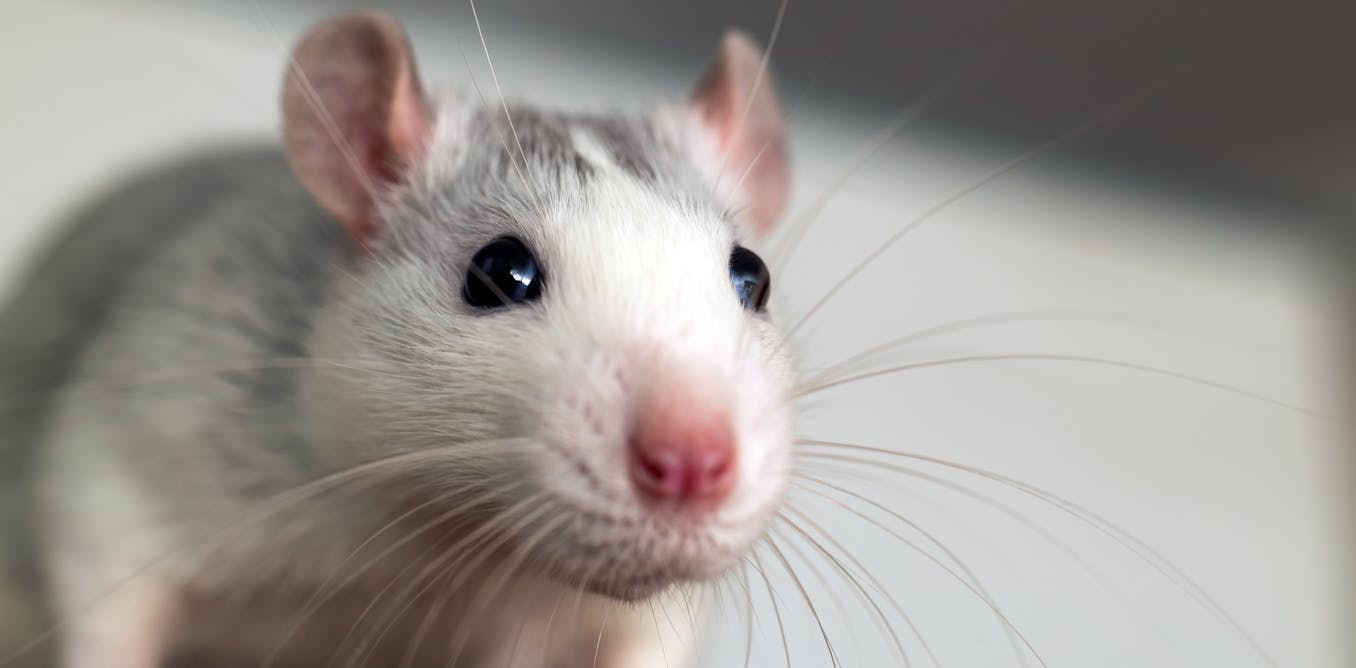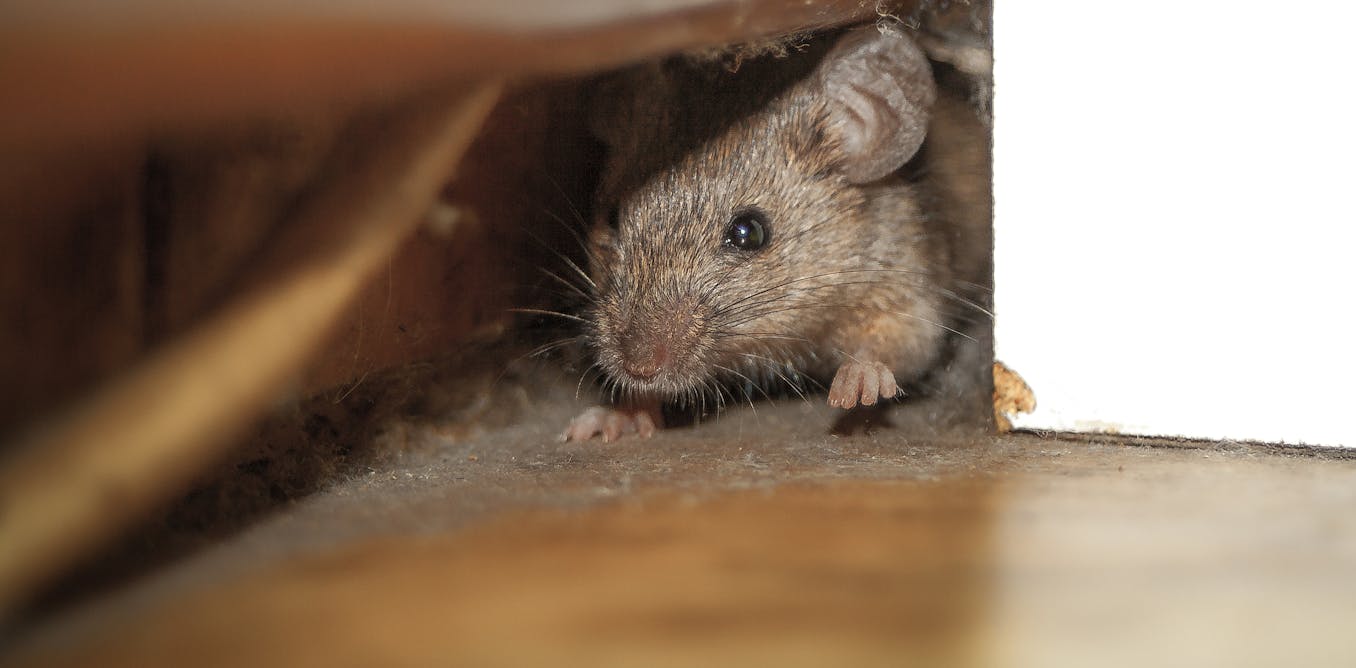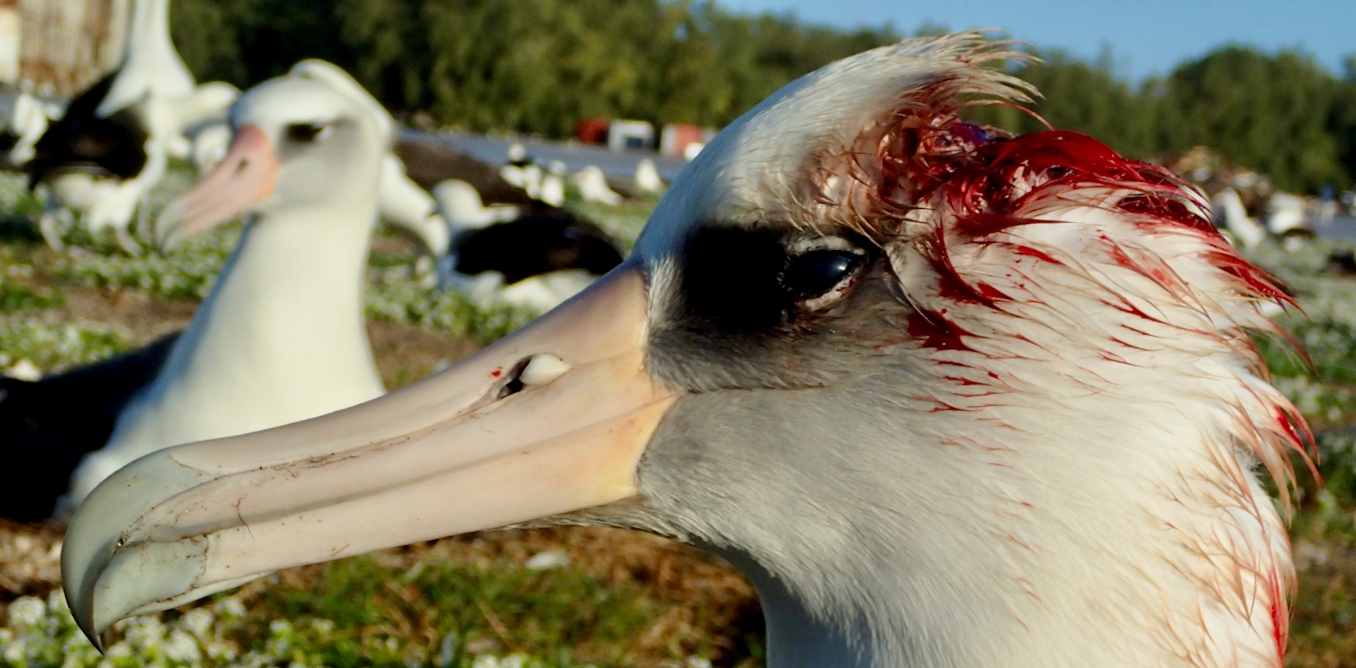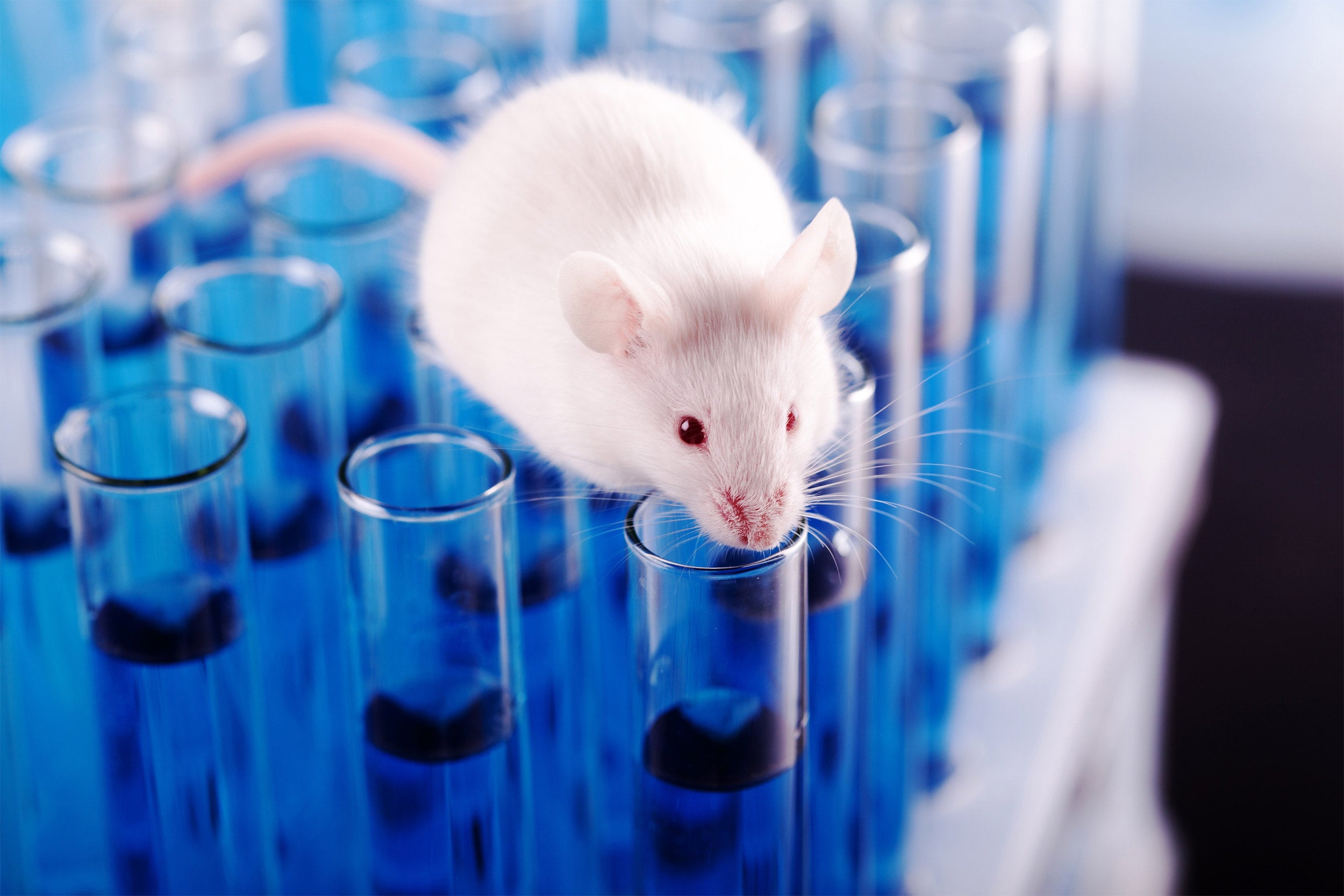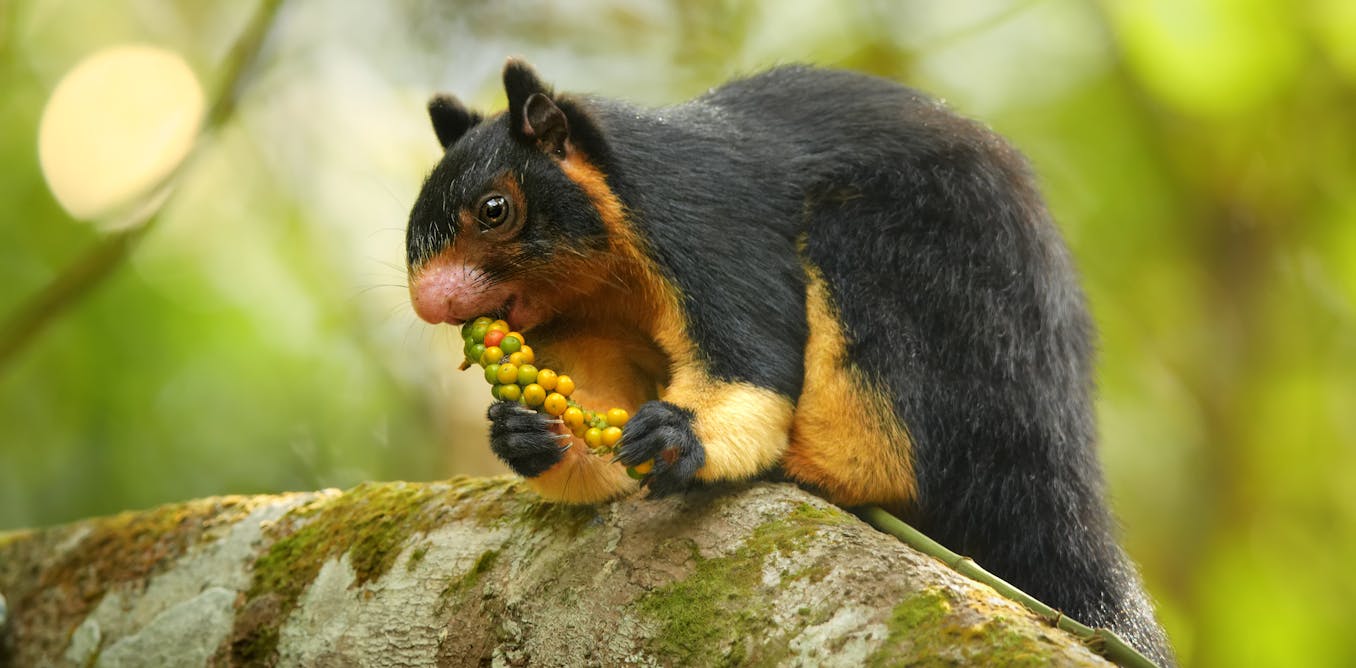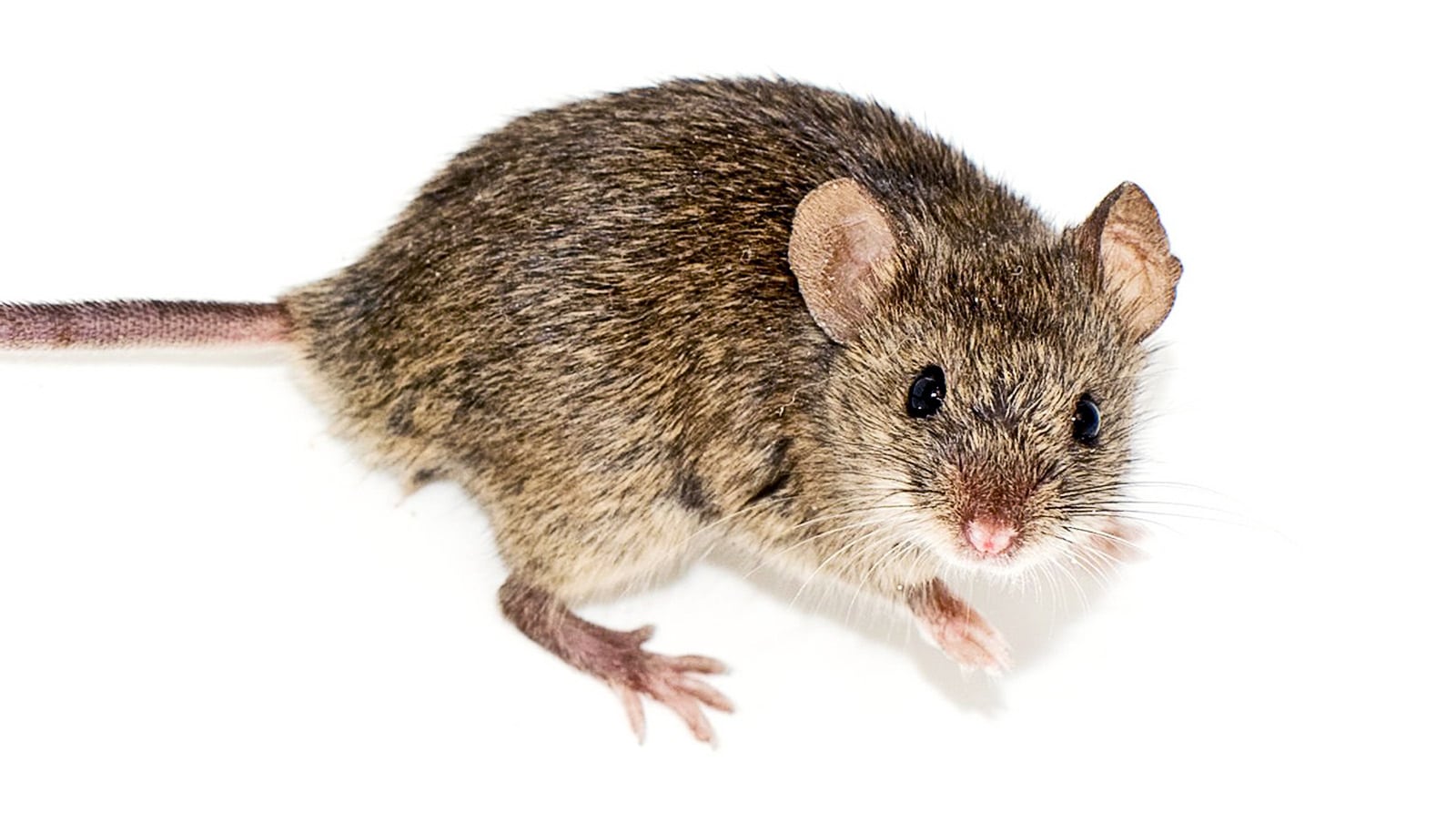Scientists have figured out how to ‘see’ through mice – could humans be next?
Seeing through mouse skin is one thing, disappearing humans is something else entirely.
Sept. 27, 2024 • ~6 min
City mouse or country mouse? I collect mice from Philly homes to study how they got so good at urban living
An evolutionary biologist is studying what these resilient urban pests can teach us about adaptation and evolution.
March 14, 2024 • ~7 min
Murderous mice attack and kill nesting albatrosses on Midway Atoll − scientists struggle to stop this gruesome new behavior
On a small, remote island in the Pacific Ocean, an unlikely predator feasts on the world’s largest albatross colony. Researchers are trying to figure out how to stop these murderous mice.
Feb. 20, 2024 • ~9 min
Science experiments traditionally only used male mice – here’s why that’s a problem for women’s health
Clinical trial funders now insist studies use female participants. But it will still take a long time for our understanding of how medicine affects women to catch up.
Aug. 15, 2023 • ~8 min
Study confirms why we need female mice in neuroscience research
Researchers found that female mice, despite ongoing hormonal fluctuations, exhibit exploratory behavior that is more stable than that of their male peers, countering the belief that the hormone cycle in females causes behavioral variation that could throw off results.
March 8, 2023 • ~12 min
Lyme disease protection: No vaccine yet, but an antibody shot could soon provide a season of immunity
Researchers are testing an antibody shot to protect people from Lyme disease-causing bacteria.
Aug. 4, 2021 • ~7 min
/
3

